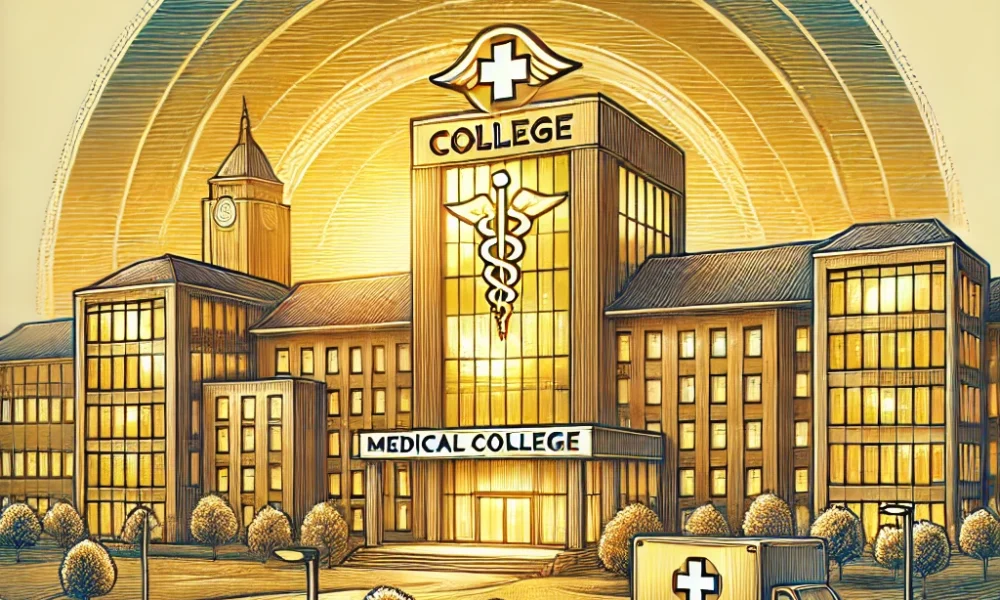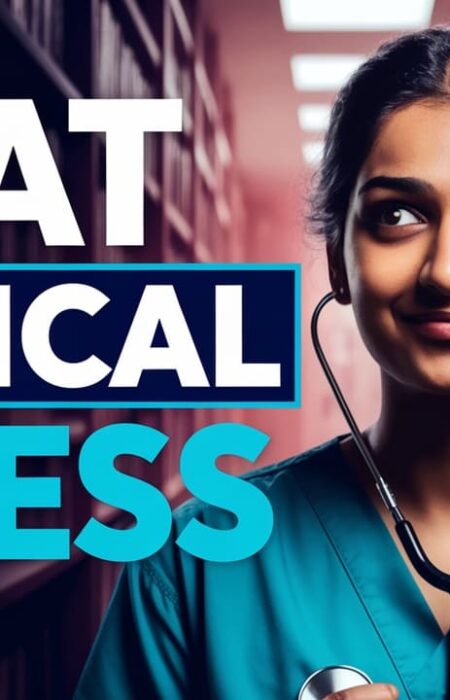How to Choose a Medical College After NEET: A Comprehensive Guide
Hello, future doctors. Your undergraduate medical college degree will play a significant role in deciding the trajectory of your medical career. The exposure you get in medical college can make or break your career. This is not a small decision; everything from where your college is located to how old it is matters.
In this article, I will help you understand the factors you must consider before getting admission into a medical college. Here we go.
Private vs. Government
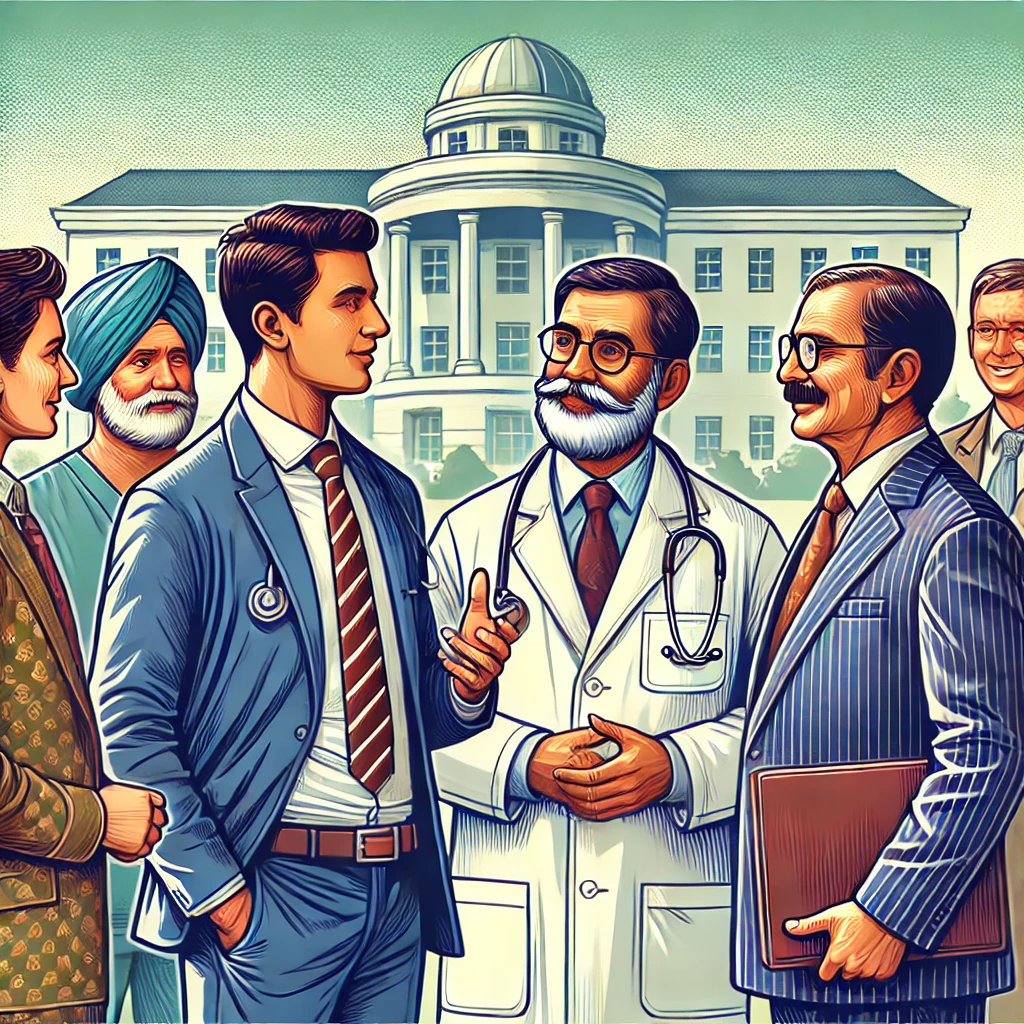
This is a very important point to consider. There is a crucial difference between a private and government medical college. It is the fees!
Everybody knows about the vast fee difference in the two sectors. Private colleges cost almost 100x of what a government college might cost. You need to think it through before getting admission into a private college, and it is a huge financial commitment.
Infrastructure
You must especially check out the research labs and the classrooms. You should check if your college has good research facilities, this will be useful if you want to pursue a career in research. If you are in an old government college, check if timely renovations and repairs are happening.
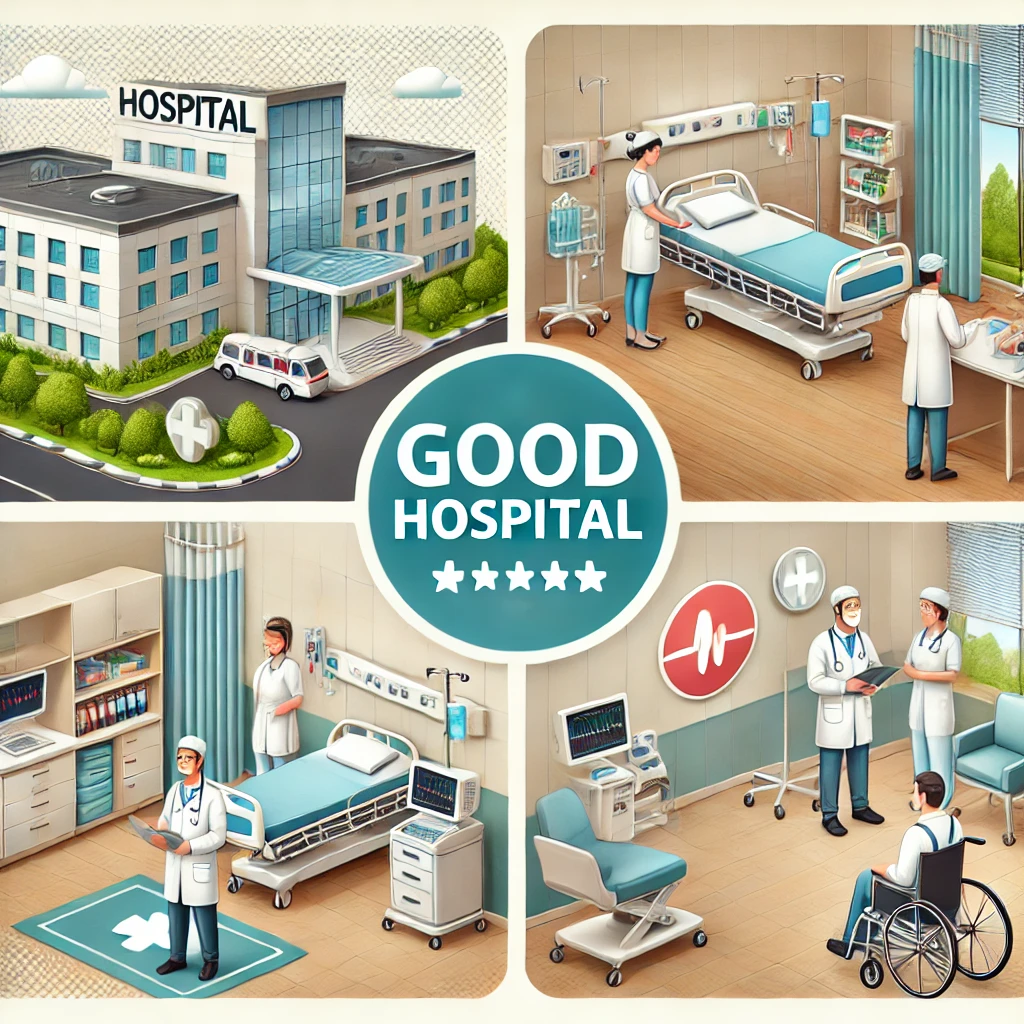
You need to also see how far the different departments are from each other. You can also check if the affiliated hospitals are nearby. If not, how far they are.
How Old is the Institute
Older institutions means an established reputation, and a strong alumni network. You will discover that it is easier for patients to trust you when you have studied from a reputed institute. Also, you can always contact the alumni of the college when you need help or internship opportunities.
But again, a newer institute might have good infrastructure and better faculty too.
Faculty
You should research the qualifications and experience of the faculty members. Experienced and qualified faculty can really impact your learning experience. They can also help you out with research projects and opportunities.
You can ask the current students about the academics. Nobody is going to be as honest as the students.
Reputation
Always take a look at the national and state rankings of the colleges. Also take a look at the NIRF ranking of colleges. A higher-ranked college generally has better facilities and opportunities.
The rankings are decided based on a lot of surveys and five main criterias: Teaching, Learning and Resources (TLR) Research and Professional Practice (RP) Outreach and Inclusivity (OI). These are mostly reliable rankings.
Total cost of living
Consider all the fees such as college fees, hostel fees, examination fees, cost of books etc. Make a budget and check if you can afford your entire education in the college.

You should also consider other expenses such as food and stay in the first years. Check travel prices too, consider the monthly budget too.
Check the availability of scholarships and loans. Many colleges offer scholarships based on merit, financial need, or specific criteria. You can also opt for a student loan if needed.
Affiliated Hospitals and Patient Inflow
In a medical college, exposure in hospital matters most. Clinical rotations are a crucial part of medical education, Good affiliated hospitals in populated areas means more patient inflow. You will be able to see varied cases and will get an experience of a lifetime in your UG only.
The only downside with having a lot of patient inflow is a hectic internship. You won’t get a lot of time for yourself in internship and will probably be extremely tired and stressed all the time. So try to opt for a hospital that has a good enough patient inflow but also not extremely crowded.
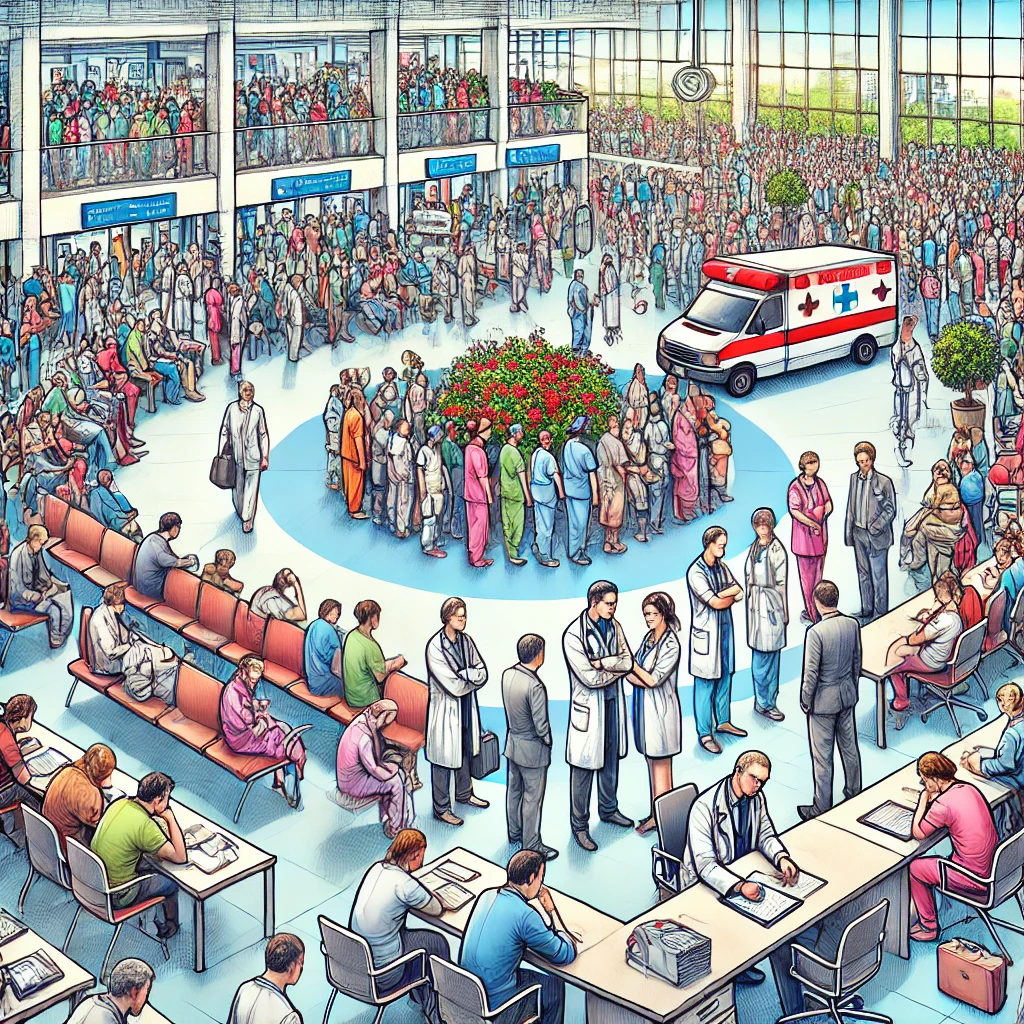
Rural Bond
Most states have a rural bond policy. This means that you will have to serve in a village allotted by the college for a definite period of time after completing your degree.
Understand the bond policy and the results it will have on your future plan. Fulfilling a rural bond can be a very rewarding experience, but it may also delay your plans for further studies or setting up a private practice.
Some colleges have a shorter bond period while others have longer ones. Some states and colleges might have as long as a 4 year bond period. You will have to pay huge amounts of money if you do not complete the bond, so consider this before you take admission.
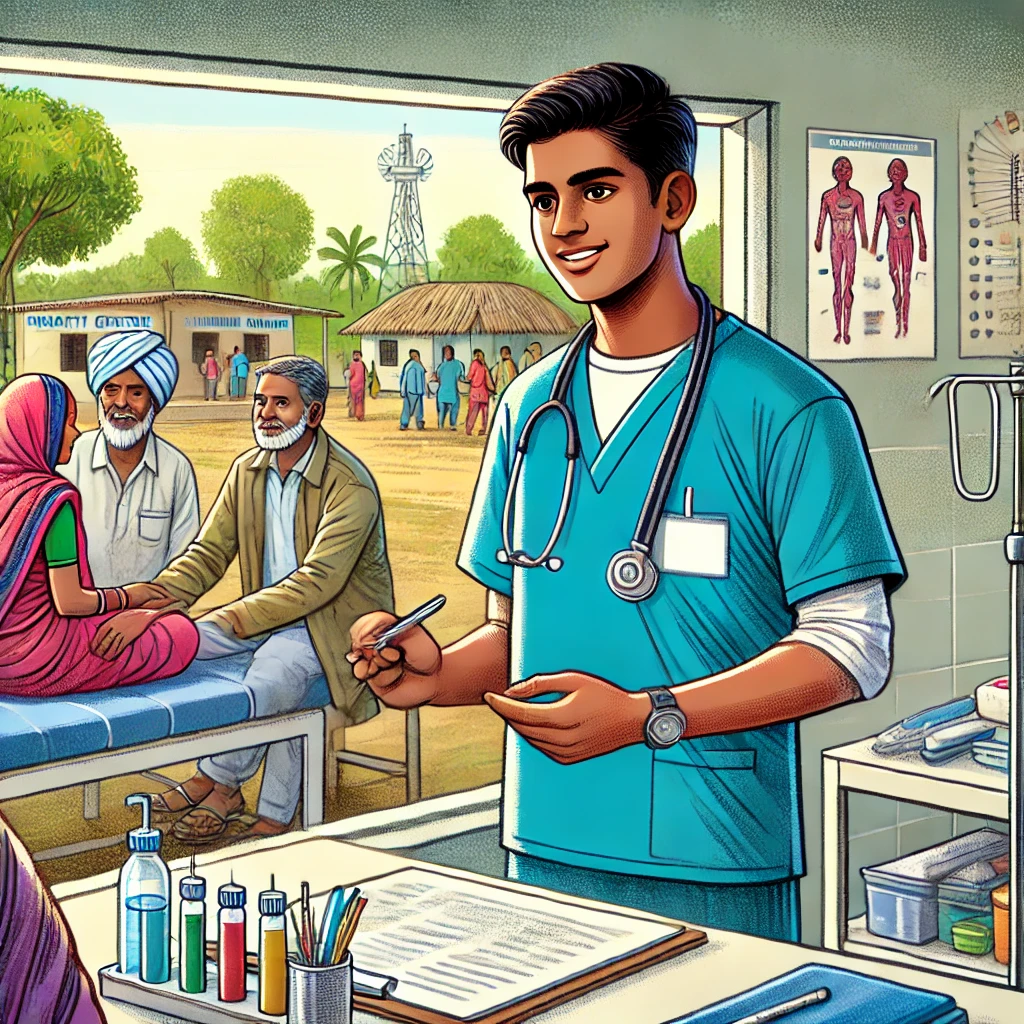
Distance from Home
Being close to home can provide a strong support system, especially during stressful times. In the first few months, you will feel a lot of homesickness. You will be visiting home a lot.
You must consider emergencies too. If something pops up, will you be able to reach home in time? Also you can try to choose a college in a city where you have at least a few relatives. This will make sure that you have a safe haven when you are stressed and want to be left alone.
PG Quota
Some states have a quota for their undergraduate students in their postgraduate courses. This can give you a big advantage if you plan to pursue further studies.
The PG competition is just as immense as the UG competition. If you have a quota, you might find it easier to get a PG college.
Central vs State
You might have heard about the AIIMS and JIPMER colleges. These are the colleges that come under the central government. AIIMS colleges also have better hostels and facilities.
They have better facilities and a wide, national-level exposure. They also offer a lot of research opportunities. Only downside is that you will miss out on the PG quota and you will also face a lot of competition.
State institutions might have better local recognition and could be more accessible from your house. State colleges might also be located in a more populous region unlike peripheral central colleges.
Location
Decide whether you prefer an urban setting with better facilities, opportunities, and exposure, or a rural college which might offer its own set of unique learning.

Urban colleges typically have access to more advanced medical facilities and a lot of patient inflow. Rural colleges might provide more hands-on experience.
Ensure you’re comfortable with the climate and living conditions of the area where the college is located. Some people find it very difficult to adjust to the climate of another state.
Transport to and from the City
You need to consider transport options too. How long does it take to reach college from your home? What are the available transport options? Is getting reservations on trains and buses easy? How much do they generally cost? How much would it cost in an emergency?
Also, if your college is located in an isolated area, check the accessibility of the college from the nearest city. Good transport links can make life much easier, especially for students who will frequently travel back to home.
What the Students Have to Say
You must definitely visit the college and talk to the students studying there. The students will give you the unfiltered truth. You can also check YouTube testimonials and social media.
This is a very important point. Always talk to the students before you confirm your admission.
Senior Junior Interaction
Again, talk to students to understand the general senior junior relationship. Medical colleges are infamous for bad senior junior relationships. Try to avoid colleges that are popular for ragging culture.
Good seniors help you with academics, exams, and even personal life. But bad seniors can also lead to your downfall.
Hostel
One thing to especially consider is the hostel infrastructure. Is the hostel building habitable? Can you live there for the next 5.5 years?
Firstly, ask if there are hostel services since the first year. Some colleges might not offer hostels during the first few years.

If a hostel is available, check the quality. Look for cleanliness, safety, and facilities provided.
Ensure the hostel is within a reasonable distance from the college. It is best if the hostel is within the college campus, as long travels will get very tiring.
Food Options
Check the quality of food provided in the hostel mess. Some colleges might have a mess, some might have a canteen. The better option is obviously a canteen as you will have the choice of food in a canteen opposed to the fixed menu in a mess.
Also check if there are eateries and restaurants nearby. Check if you get online food delivery to the hostel and available options for delivery.
Language
Make sure that you are willing to learn the regional language of the place that you want to move to.
Some colleges might make use of the regional language while teaching too. This might create a problem for students who have migrated from other states.
Communication with patients during clinical rotations might also require knowing the local language.
Dissection Ratio of Students
During dissection, you will be assigned a cadaver among a group of students. You will dissect the cadaver to learn anatomy in first year MBBS. Some colleges assign 5 students per cadaver, whereas some colleges might assign one cadaver to the entire batch.
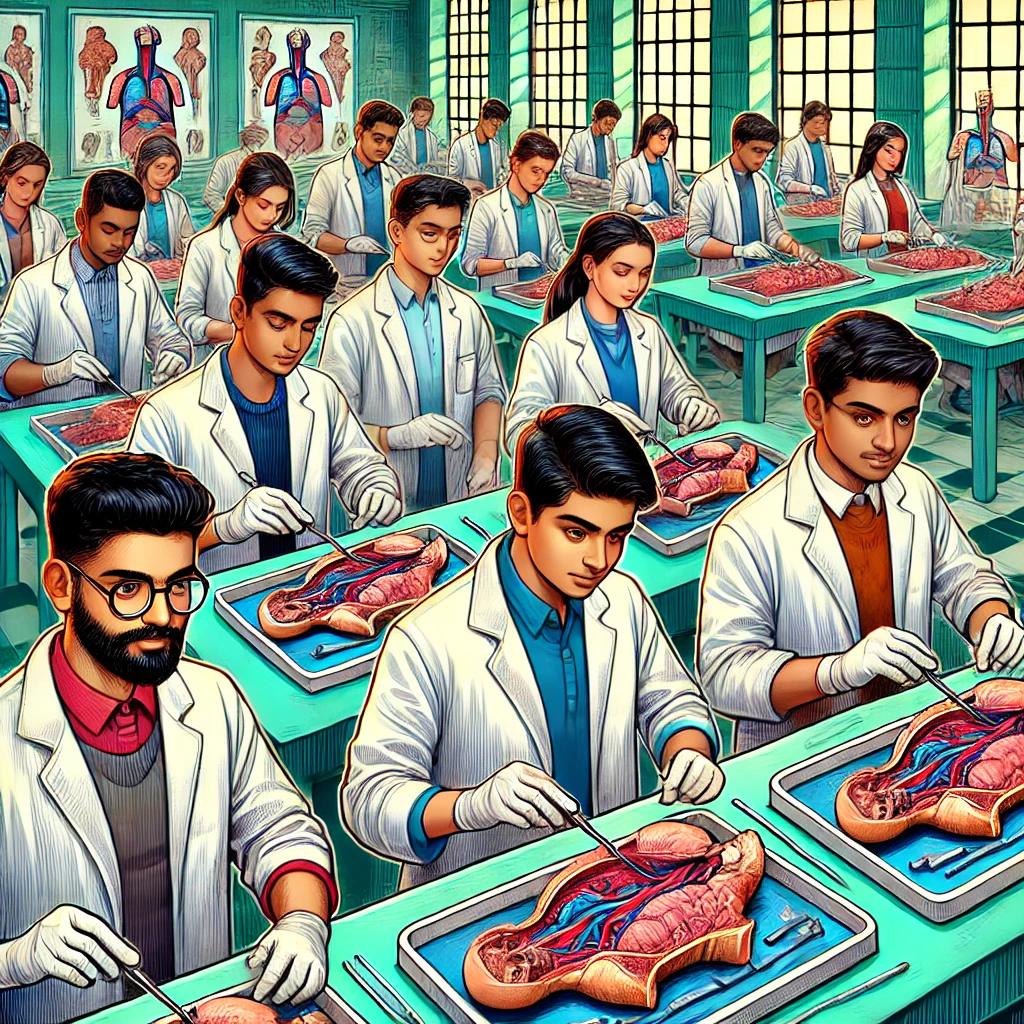
A high student to cadaver ratio might limit your chances of having hands-on experience with dissection.
Other Tips
College Visits
Visit your desired colleges if possible. The visit might provide much more information than any online brochure or video.
Consult with Mentors
Teachers and mentors will give experienced insights and might be able to prioritize your needs better than you. They might give you an idea of what’s important and what is not.
Consider Long Term Goals
Do not just think about the next 5 years. Some of the factors that I’ve listed above are obviously not as important as the others.
A UG degree is for life, you need to understand the implications of having a reputed college on your CV. Some reputed colleges might not offer a very good college life. But, some new colleges might not offer the respect that comes associated with a reputed college.
Similarly you might have to put a lot of things against each other. You need to understand what is more important and prioritize.
Conclusion
Take your time. It is a very important decision that will shape your life. Consider all the factors, prioritize the important ones. Ask around and then decide.
You are in for a very long journey. All the best friends.
